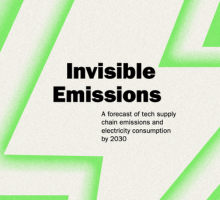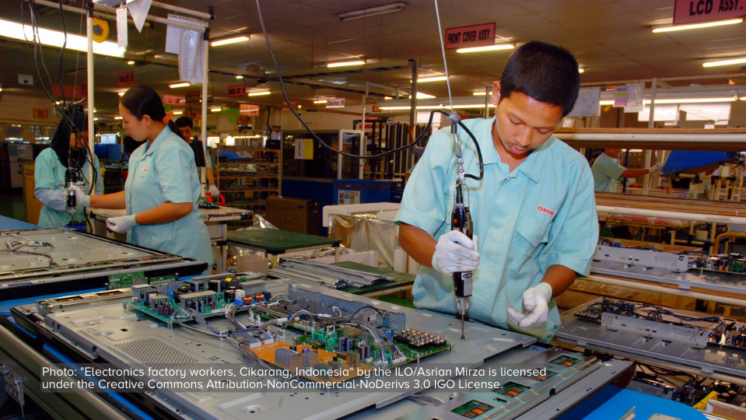“Invisible Emissions: A forecast of tech supply chain emissions and electricity consumption by 2030” is a new report by Greenpeace East Asia. It shows that the tech supply chain is a major source of carbon emissions. Semiconductor manufacturing is expected to emit 86 million tonnes of CO2e by 2030, surpassing Portugal’s total emissions in 2021. TSMC’s energy consumption and dependence on fossil fuels are worrying. Only 9% of its energy consumption is renewable energy. Greenpeace calls on TSMC to aim for 100% renewable energy globally by 2030 and present a clear roadmap. Read more.










